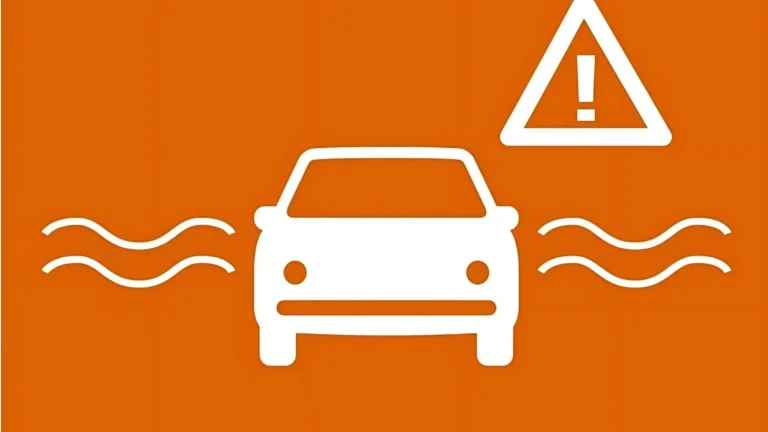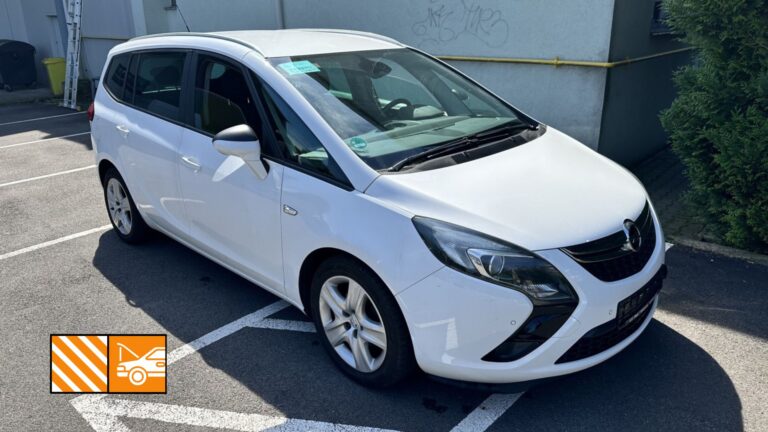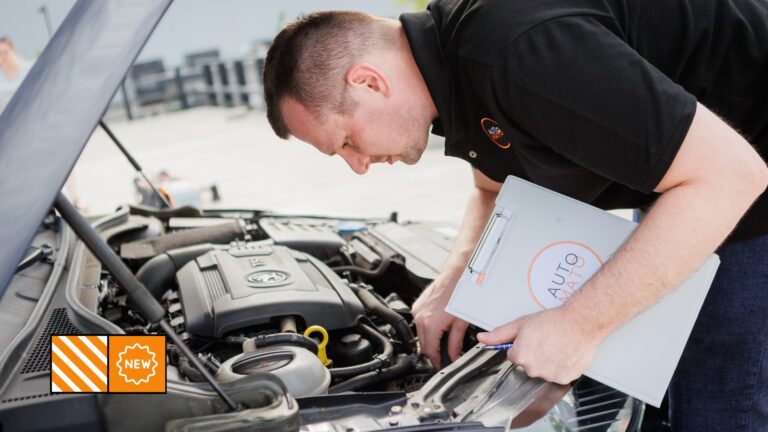What you can learn from the history of a used car
- Advice and tips
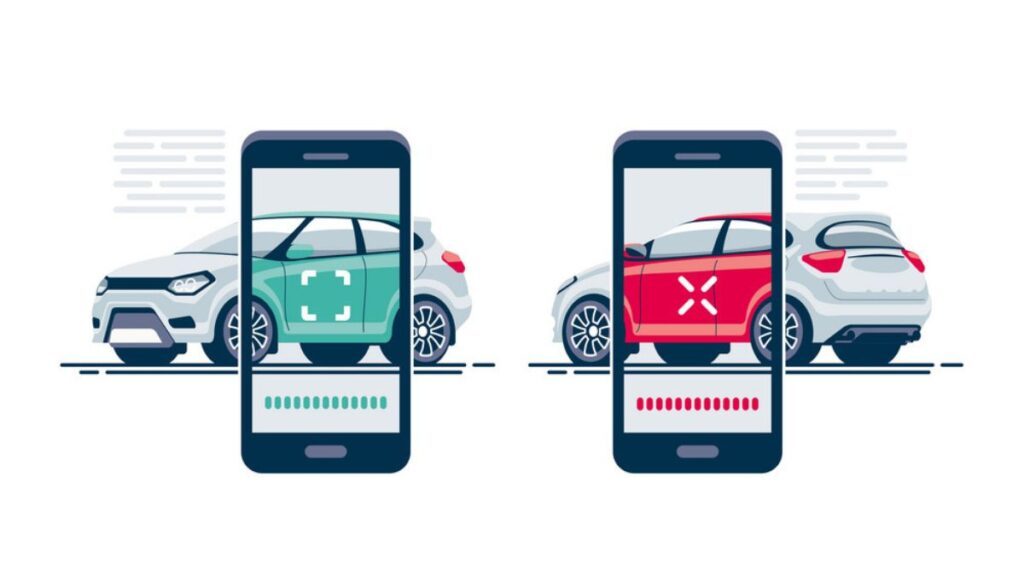
When you are deciding to buy a used car, one of the most important things you should do is to carefully research its history. A car's history can reveal a lot about how the car was maintained in the past, what problems it may have had, and what you can expect in the future. A detailed and thorough knowledge of a car's history is a key factor when buying a used car, as it can help you spot potential problems, avoid possible scams, and ensure you get value for your money. What can you learn from a used car's history? Let's look at this in more detail.
Original owner
Finding out about the car’s original owner can provide valuable insight into how the car has been used. For example, if the car was originally used as a company vehicle, it is likely that it has been used extensively and may show signs of increased wear and tear. Conversely, if the car was purchased as a personal vehicle for leisure purposes, it is likely that it has been used less and may be in better condition. It is also important to find out whether the car has been rented in the past. Rental vehicles often have higher levels of wear and tear because users tend not to drive them as carefully as their own vehicles.
Number of previous owners
The number of owners a car has had can also provide important information about its condition. A car that has had many owners may be in worse condition than one that has only had a few owners. It is possible that a car with more owners has not been maintained as carefully, which could mean higher levels of wear and tear and potential problems in the future.
Physical control is the most important thing

Checking the history of a car is extremely important as it provides us with valuable information about previous use, maintenance, potential accidents or repairs that could affect its current value and performance. However, the greatest emphasis should be placed on physically inspecting the car before purchasing it. This check should be carried out experienced technician, which can identify hidden problems that may not be immediately apparent but can cause serious problems in the future. A physical inspection of a car includes checking the engine, condition of the brakes, tires, bodywork and many other components that ensure a safe and smooth ride. Such a thorough inspection can prevent costly repairs while increasing confidence in the quality and reliability of the car you purchased.
Service history of a used car
One of the most important things you can learn from a car's history is its service history. This history should include information about all the repairs and maintenance the car has undergone. If the car has been regularly serviced and maintained, it is likely to be in good technical condition. Conversely, if the car has not been regularly serviced, it may develop problems that may require expensive repairs.
Accident history of a used car
Accident records are also an important part of a car's history. If a car has been involved in one or more accidents in the past, this may indicate that it may have hidden damage. This damage may not necessarily be visible to the naked eye, so it is important to get as much information about these accidents as possible.
Mileage
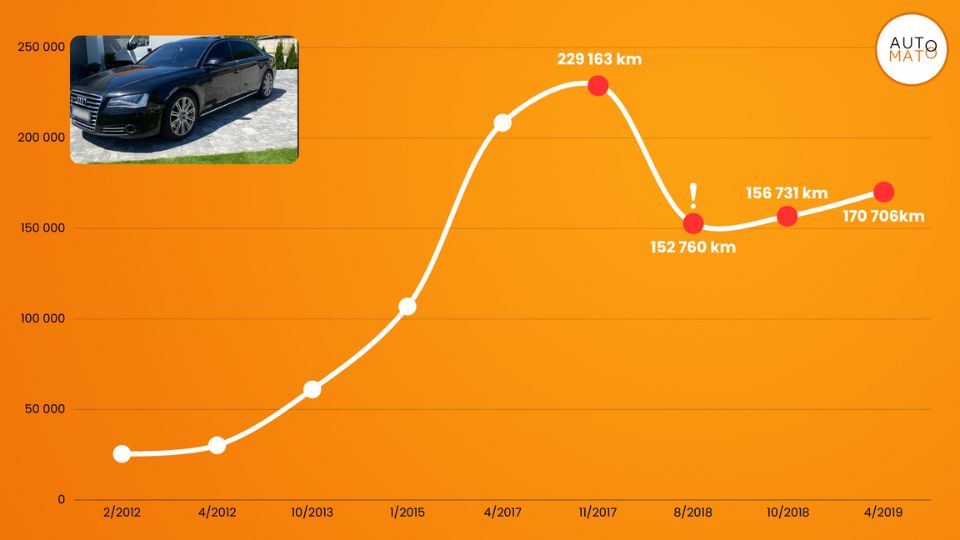
People embarking on the journey of car ownership should consider several key aspects that can influence their final decision. One such important factor that should not be overlooked is the mileage history. This information offers invaluable insight into the history of the car and can tell a lot about its past use and potential condition.
Mileage history is another important piece of information you can glean from a car's history. Many people may not know this, but this information can have a significant impact on the overall quality and performance of the car. If the mileage of a car is low for its age, this can be encouraging. It may mean that the car has been used sparingly and has probably been well maintained.
However, this information should not be accepted without further investigation. If the mileage appears to be too low for the age of the car, it could raise suspicion. This could be a warning that the odometer has been rolled back.
Winding back the speedometer is an illegal practice that can hide the actual wear and tear on a car. This is especially serious because it can lead to serious problems in the future. If someone buys a car with a winded speedometer, they could end up with a car that needs expensive repairs or is even dangerous to drive.
Therefore, it is important for car buyers to be well-informed and carefully research all available information, including mileage history, to avoid potential complications and ensure that their investment in a new car is safe and responsible.
Parts replacements
Parts replacement records can provide useful information about which parts of a car have been replaced. For example, if key components such as the engine or transmission have been replaced, this could indicate that these parts may require further maintenance or replacement in the future.
Technical inspections
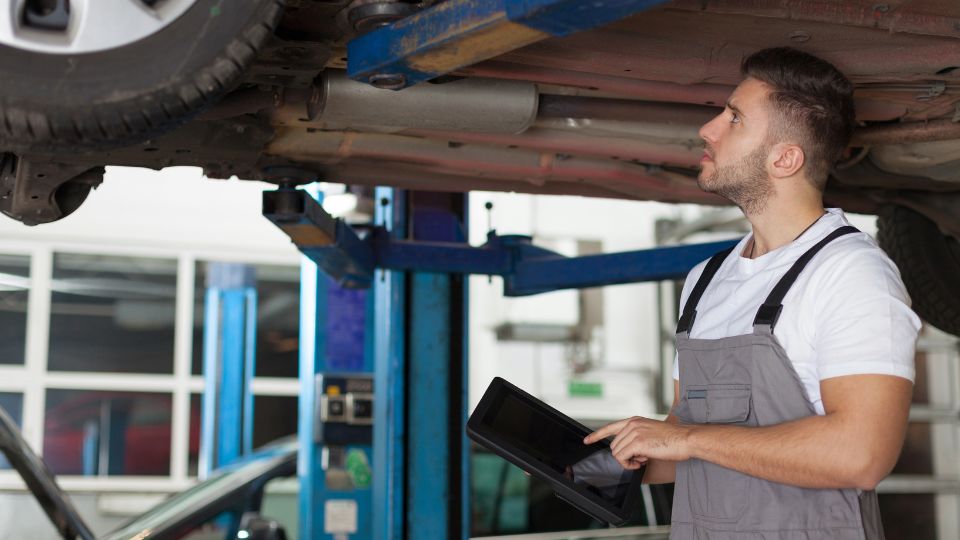
MOT records play a key role in providing information about the history and current condition of a vehicle. These records are essential for gaining in-depth insight into how a given car has met various safety and operational standards. This is what helps us gain a better understanding of the vehicle’s condition and reliability.
Safety and performance standards are two key aspects that determine whether a car is roadworthy. Safety standards include all elements that can directly affect the safety of the driver, passengers and other road users. These include, for example, the condition of the brakes, airbags, lights or seat belts. Performance standards, on the other hand, assess whether the car meets requirements for driving performance and environmental impact, such as emissions.
If a car fails some of its checks, it is usually a sign that it has technical problems. These problems can be minor, such as replacing light bulbs, but they can also signal more serious problems, such as worn brakes or engine failure. Regardless of the nature of the problem, this car should be thoroughly inspected and repaired if necessary to avoid compromising safety.

Technical inspection records thus serve as an important tool for identifying potential problems and resolving them. They not only provide useful information about the current condition of the vehicle, but also give us the opportunity to track the history of maintenance and repairs of the car. In this way, technical inspection records allow us to gain a comprehensive view of the car, which is essential for safe and smooth driving. If the car fails some of the inspections, take it as a yellow flag and do not hesitate to put it in the hands of experts.
Car debt
It is also important to find out if the car is encumbered by a lease or loan. If you were to buy a car that is encumbered by such debt, you could become the debtor and be responsible for paying off that debt.
Therefore, finding out the history of a used car is a crucial part of the buying process. It can reveal potential problems and provide useful information about how the car has been maintained and what the potential maintenance costs may be in the future. You should always ask the seller to provide a complete history of the car, and if they cannot provide it to you, you should be cautious. A car history is an important tool that can help you make an informed decision and prevent future problems.
Follow us through our social networks, Don't miss any news.


